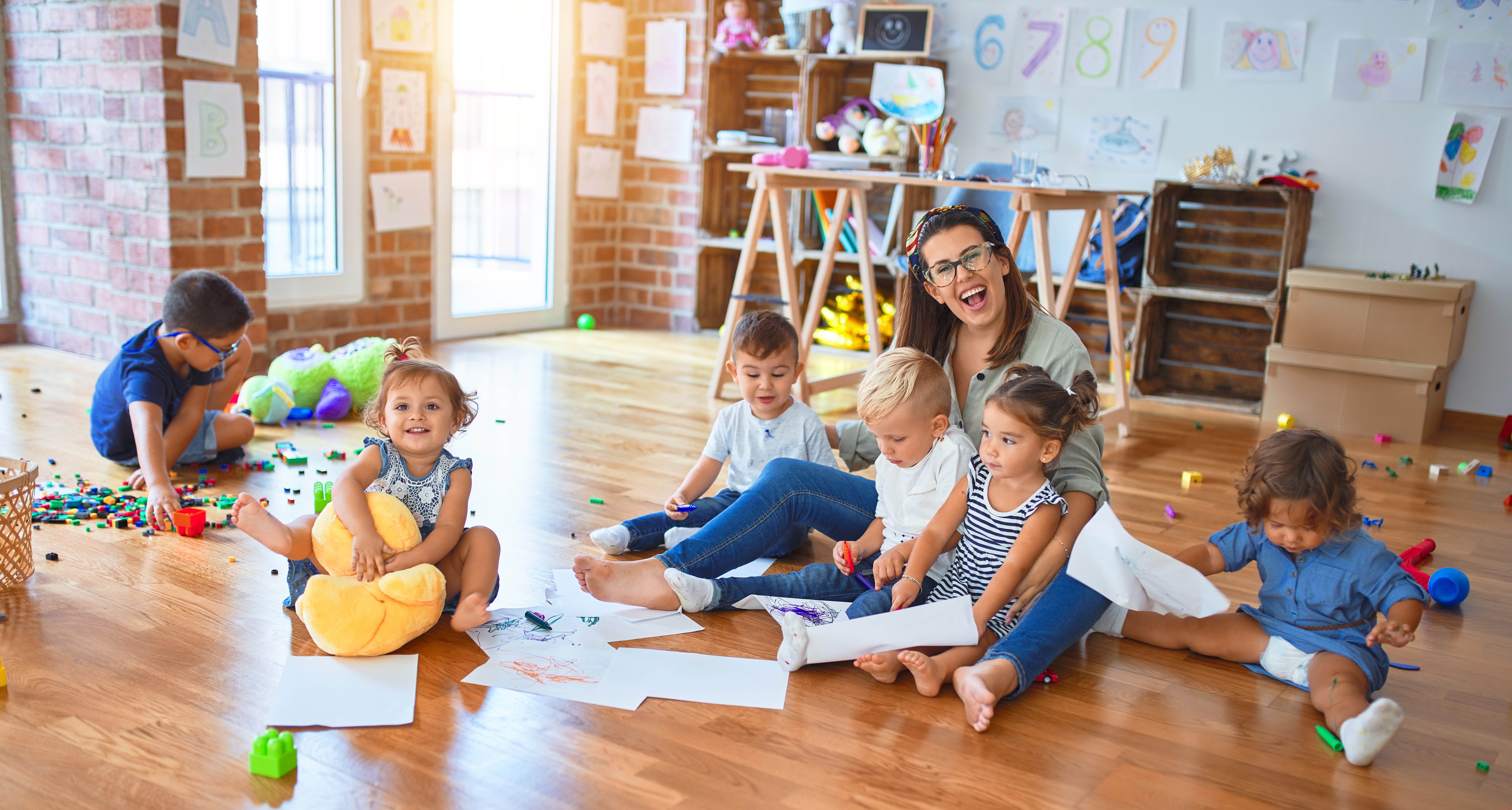When Should You Put Your Baby in Kindergarten and How Do You Choose One?
Registration for educational settings for ages birth to three is just around the corner and many parents are asking themselves when is the right time to enroll their baby. So how do you choose the right framework for a child? All the details below.

Registration for educational settings for ages birth to three is just around the corner and many parents are asking themselves when is the right time to put the baby in a framework?
The answer to this question depends on several factors: the length of the maternity leave, the financial capacity of the family, the parent's desire to stay with the baby at home and his sense of meaning from this choice, and overt and hidden social pressures.
In Israel, families that choose to stay with the baby at home during the first year are considered families that invest in education. But after the age of one, the environment will disapprove of the parents' decision to "deny" the child the company of other children. Does the wisdom of the masses work here and is one year really the most appropriate age to put a baby in nursery school? If not, what is the right time?
Individual education is better than group education at least until the age of 15 months
The subject is of interest to early childhood experts who have studied it from the 1980s until today, and the findings are not conclusive. Studies conducted in Europe and the United States found that educational settings have the potential to positively influence the development of babies and toddlers, but only if they are of high quality.
The vast majority of these studies were conducted on toddlers who entered an educational setting for the first time after the age of two. In the 1990s, Penelope Leach (author of the book "Your Baby and Child: From Birth to Age Five") conducted a survey among 100 early childhood experts, field workers and academics, and asked whether, in their professional opinion, is it individual or rather group care more suitable for babies and toddlers?
Most experts answered that individual care is better than group care at least until the age of 15 months. Some experts believe that such care is better until the age of three. Support for these views comes from many studies that examined the consequences of entering an educational setting at a young age. It should be emphasized that most of the studies were conducted and are being conducted in quality educational frameworks in the USA and Europe, which do not represent the poor conditions of the nurseries in Israel.
In a study conducted in the 1990s by a group of researchers from the University of Haifa, headed by Prof. Avi Sagi-Schwartz, it was found that the poor quality of the education-care and the size of the groups in the educational settings negatively affect the attachment of the babies to their parents even when the mothers were sensitive and adjusted.
Studies from recent years indicate that entering kindergarten at a young age and spending long hours in a poor-quality educational setting are also related to self-regulation problems, behavioral problems, and emotional and social difficulties in babies and toddlers.
Some studies reveal that the consequences of the early entrance to kindergarten also have an effect on the present age of the babies, and not only on their development in the future. For example, a study conducted in 2021 in Europe reports that high levels of the hormone cortisol (stress hormone) were found in babies who were placed in an educational setting at an age younger than 14 months.
High cortisol levels were measured in the babies when they are in kindergarten and at home, during the period of adaptation to the framework and up to a month and a half after it. Following these findings, the researchers' recommendation is for a slow and gradual adaptation process that takes several weeks, during which the baby will stay in the educational setting for short days in the presence of one of the parents.
And what happens if the maternity leave is over, you have to go back to work and you have no choice but to put a baby in kindergarten? Here are some important recommendations for choosing a kindergarten:
Look at the teachers:
Look at the children in the kindergarten:
Look at the kindergarten space:
Is it spacious? Babies and toddlers need space so that they can crawl and run around and on the other hand, have protected areas for quiet activity.
=======
Dr. Noa Leor, an expert in early childhood education and care, head of the early childhood center at the Levinsky-Wingate Academic Center and a lecturer in the child development program at Bar-Ilan University.